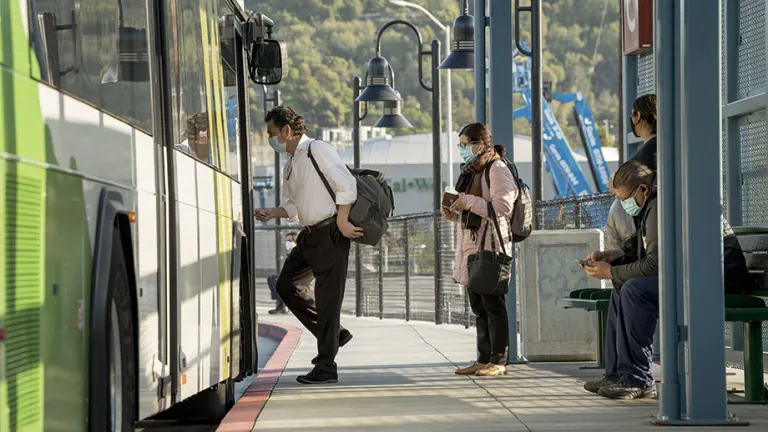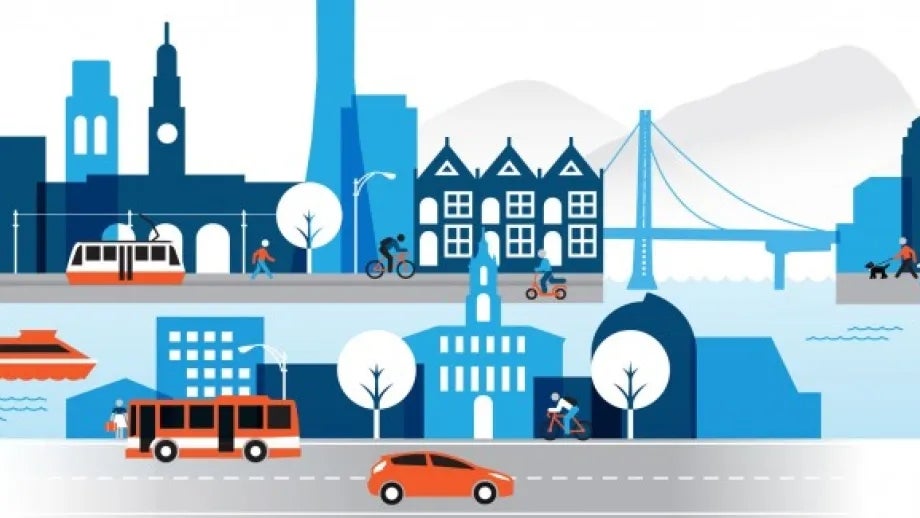Bay Area Transportation Study
MTC and San Francisco County Transportation Authority (SFCTA) collected data from thousands of Bay Area residents to better understand your transportation needs and preferences.
How do Bay Area residents travel to work, school, shopping, healthcare and entertainment? How can the region maintain and improve mobility, accessibility, and connectivity for residents as the population grows, new travel choices emerge and travel patterns evolve?
A 2018-19 study by MTC and San Francisco County Transportation Authority (SFCTA) collected data from thousands of Bay Area residents for a regional travel study to better understand your transportation needs and preferences.
Conclusions from the data are currently being finalized, and results of the study will be posted as they are available.
Survey Design
Survey questions were designed to help decision-makers and planners understand the travel behavior of real people, revealing insights into how and why people travel the way they do.
For example, the study is expected to help answer questions about who uses services such as Uber, Lyft or electric scooters, as well as how people make tradeoffs between traveling to traditional “brick and mortar” stores and shopping online.

How Data Was Collected
A random sample of Bay Area residents was invited by first-class mail to participate in the survey. Residents were asked to participate using an app called rMove™ on their smartphones.
The survey involved questions about general household information, as well as travel details for one week.
The survey was available in English, Spanish, Traditional Chinese and Simplified Chinese.
Staff Contacts
Shimon Israel, MTC Regional Planning Program
Phone: 415-778-5239
Email: sisrael@bayareametro.gov
Email: study@bayareametro.gov
Joe Castiglione, SFCTA Deputy Director for Technology, Data, and Analysis
Phone: 415-522-4810
Email: joe.castiglione@sfcta.org
Resource Systems Group, Inc., an independent research firm, administered the survey on behalf of the MTC and SFCTA.
All information collected in this study will remain strictly confidential. Contact information will be kept separate from the responses and destroyed after the study is over. The aggregated data will be used for transportation analysis and modeling purposes.

